Over two decades the Guernsey Sports Commission organised event has helped children in Years 5 and 6 to find a sport for them.
- Latest Specsavers Youth Games gave 800 children a fun-packed introduction to a new sport.
- Sports like squash see a surge in junior interest, with up to a third of participants sticking with it after the Games.
- New for 2025, archery saw over 100 sign-ups for just 12 spots, proving the appetite for fresh challenges.
- Voucher scheme helps ensure finance is not a barrier to continuing participation
Hundreds of young children have been given a taste of sport which might just lead to a lifelong love affair thanks to the Specsavers Youth Games.
Every two years over the past two decades the Games have been instrumental in helping children try out a new sport, importantly giving them support through training and familiarisation with venues, before some friendly team based competition on the final day culminates in an energetic and colourful closing ceremony that lasts long in the memory.
This time around 800 children took part in 23 sports.
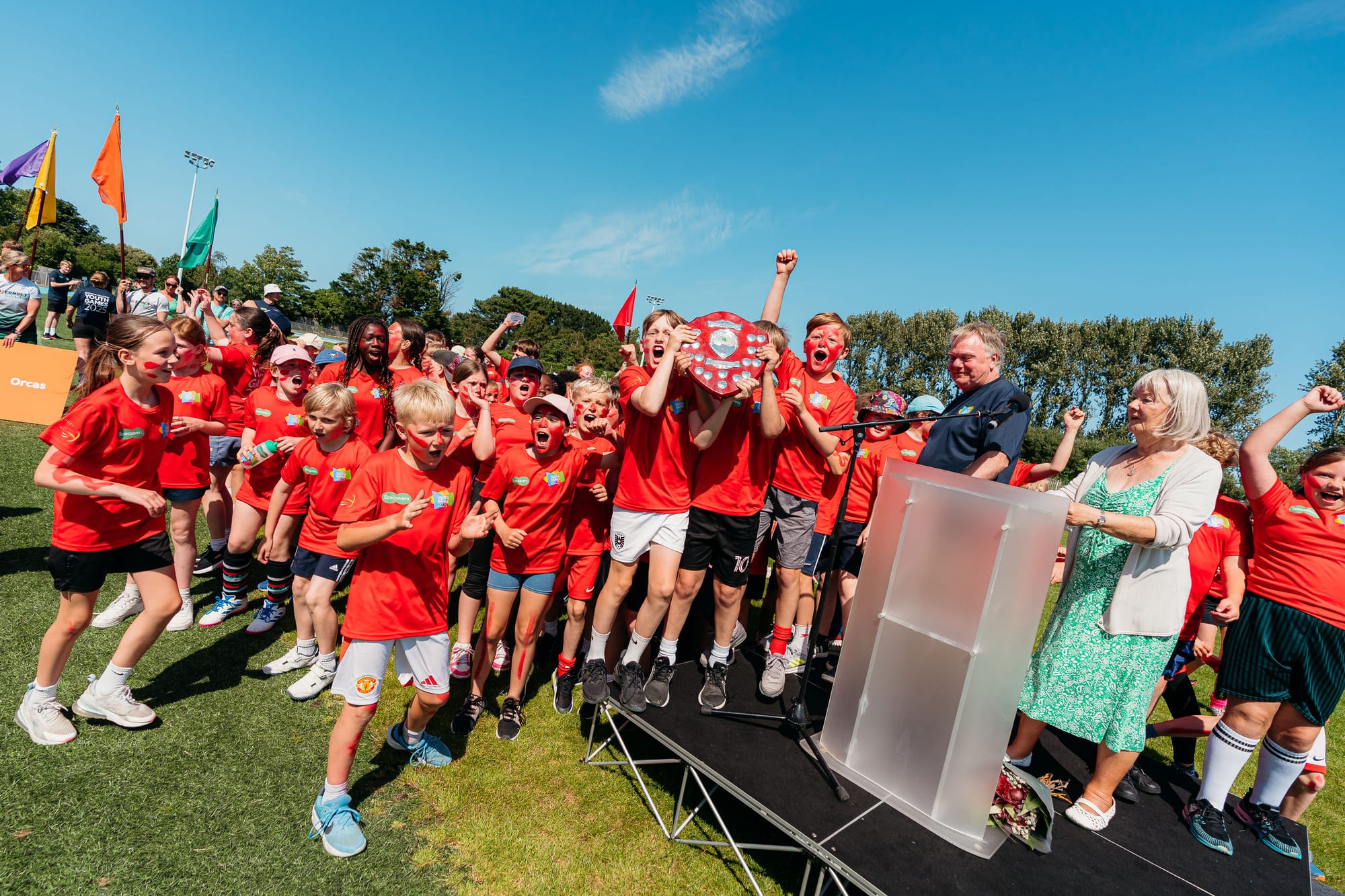
“We want every child to find a sport that really fits for them,” said the Guernsey Sports Commission’s Nicky Will.
“That could be an individual sport, something like squash or bowls. It could be a team sport, netball, softball, basketball. It's really important that we have a real variety of sports on offer.”
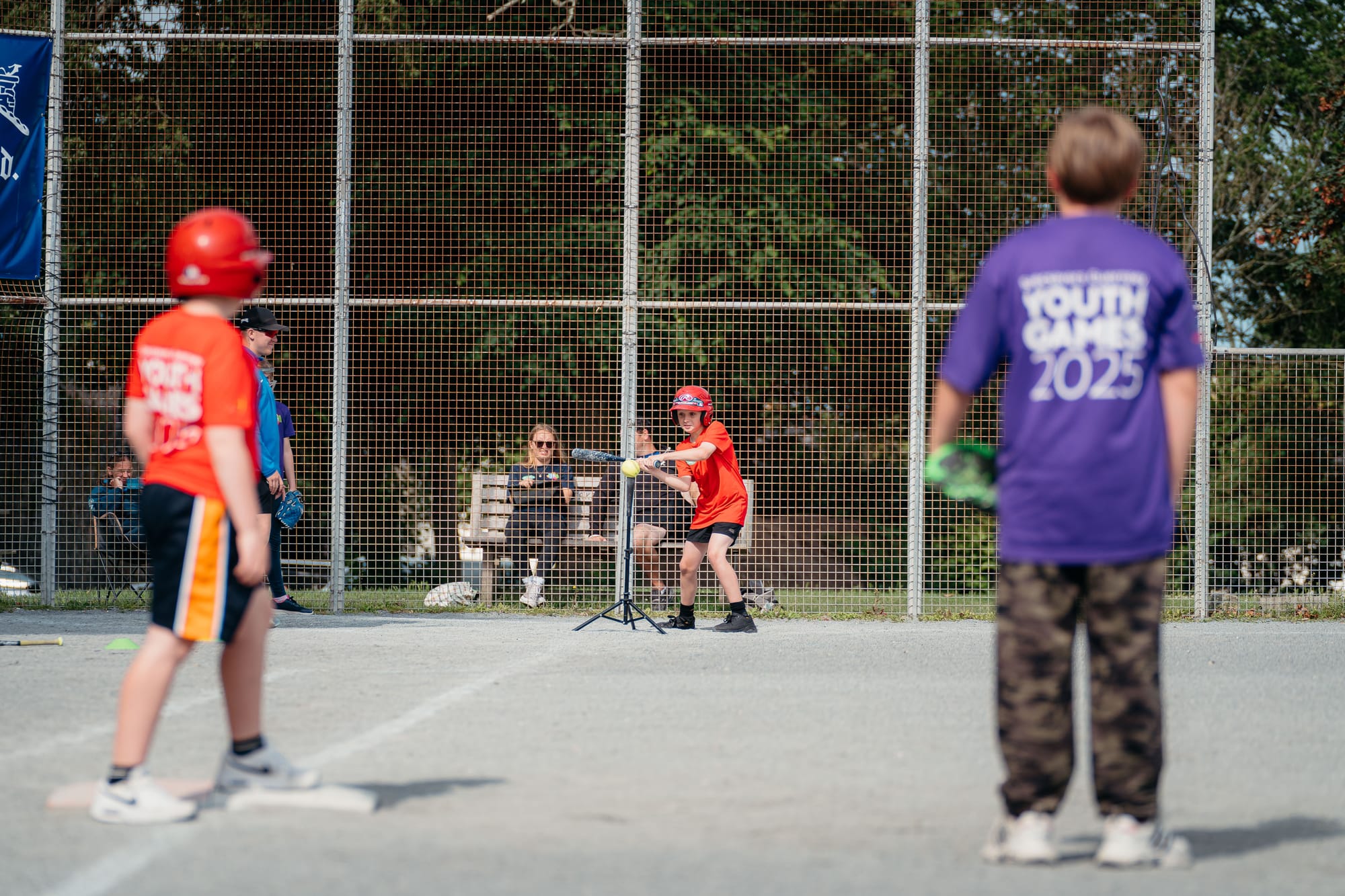
The Games has grown over the years, offering more sports to more children in years five and six.
New for 2025 was archery, and it was one that proved popular.
“To be fair on archery, we were going to have to keep the numbers quite low, so there were only 12 spaces available, and when I got all the forms in I had well over 100 kids who wanted to do archery. So that just shows that they're really up for trying something new.”
The Games now has a growing legacy of influence. The likes of Abi Galpin, the island’s record setting sprinter, got her first taste of athletics, for instance.
The clubs see the impact directly.
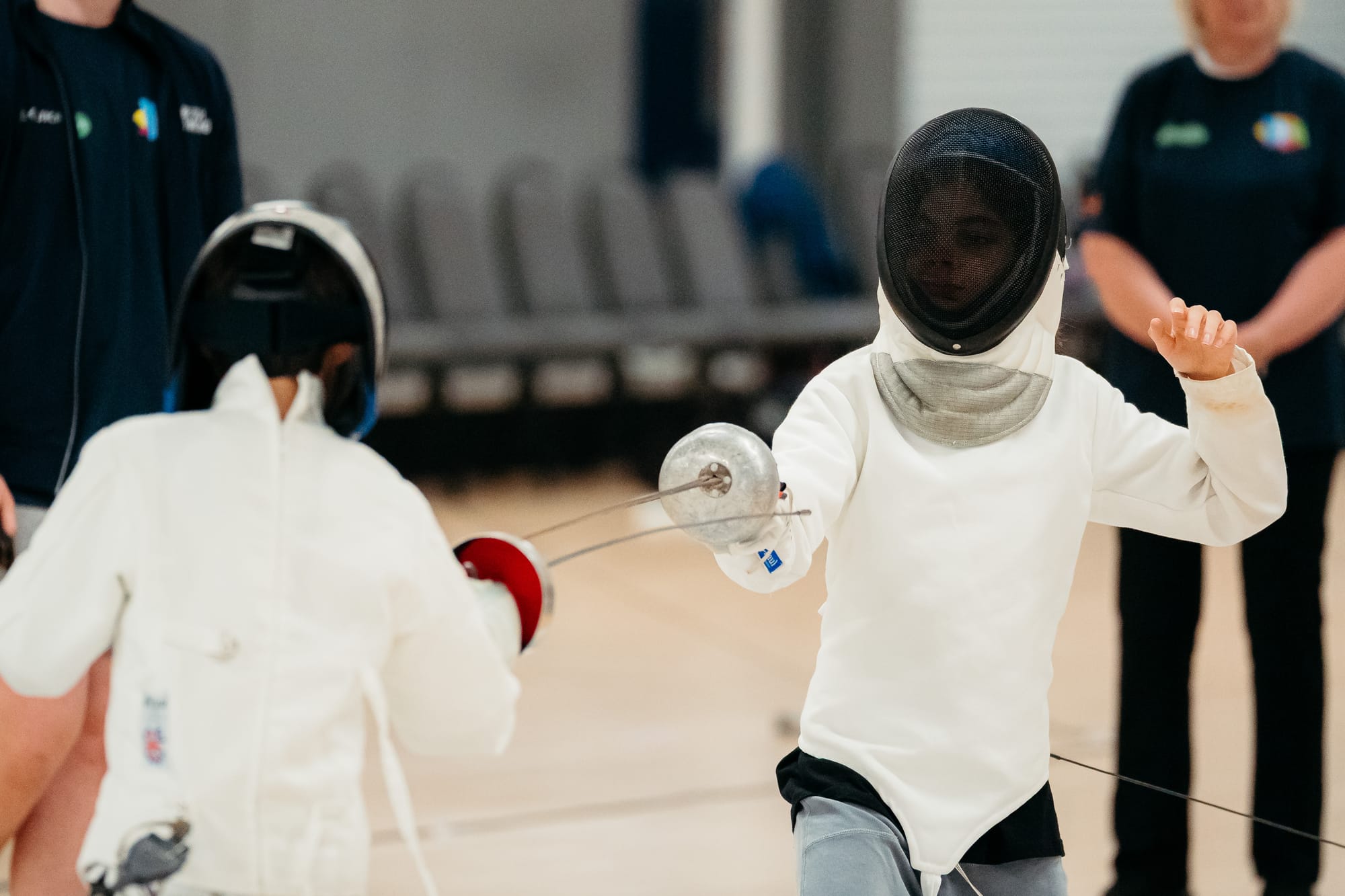
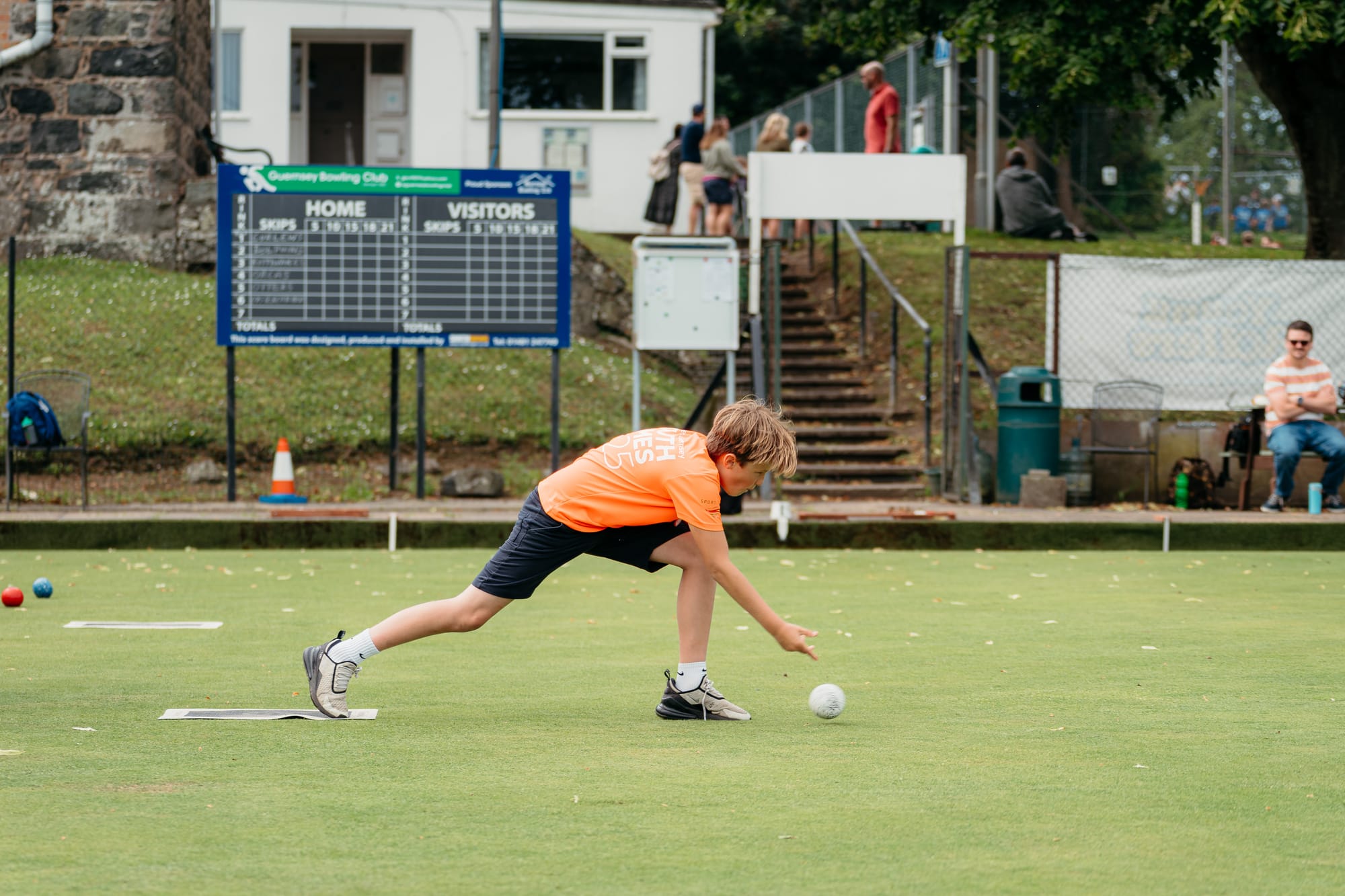
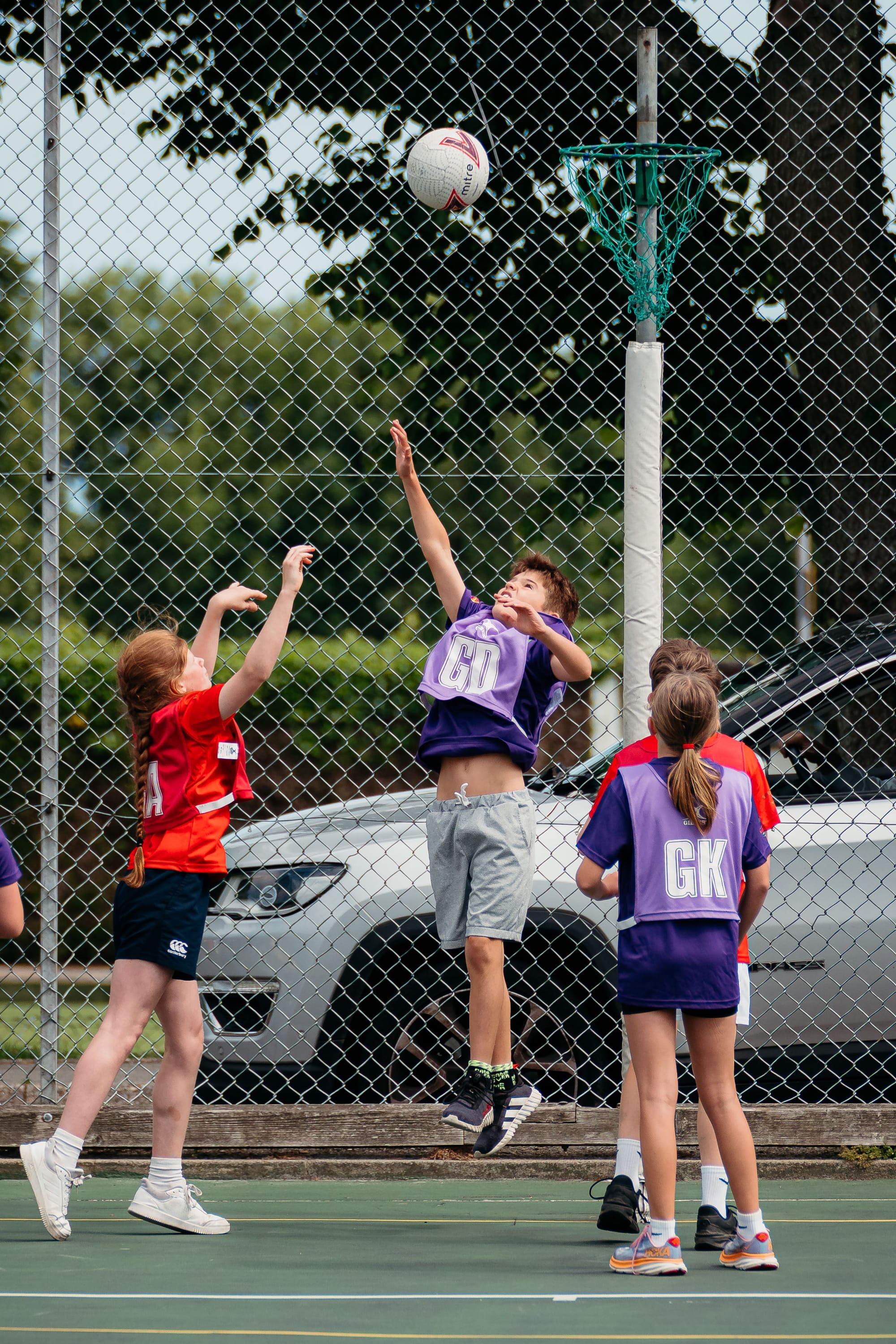
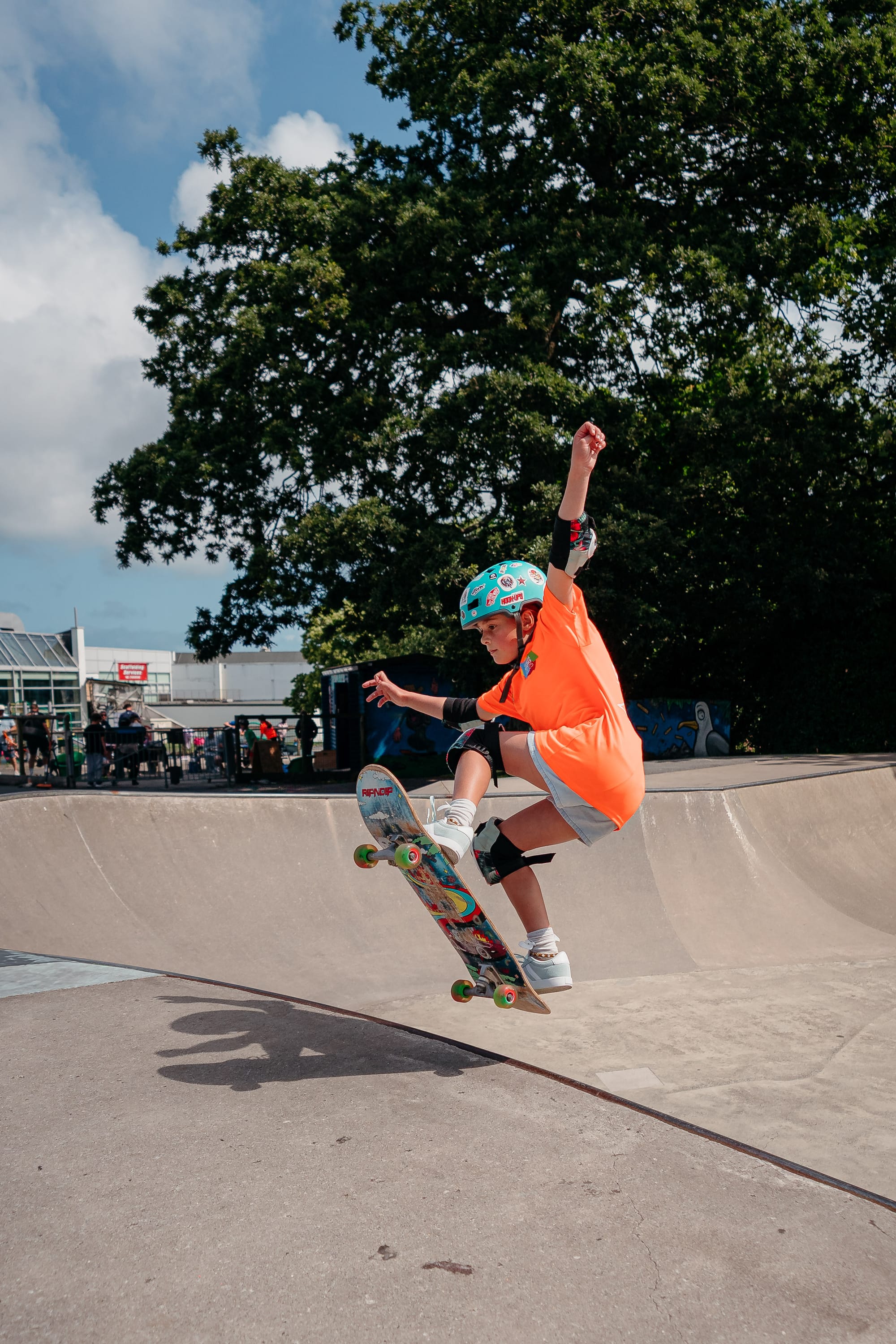
Squash is one of those that has been involved from the outset.
“Every single year we jump at the chance,” said Martin Watts, Squash Development Officer.
“In terms of the events that the Sports Commission do, The Specsavers Youth Games is just one of the best. And the take up of juniors after the event is fantastic for us.”
Squash takes 30 children, and a third of those might continue with the sport after this initial taste.
Watts credits this to factors like the work the Sports Commission does in promoting the opportunities to the children at school assemblies, and it is also a rare chance for minority sports like squash to get this type of direct exposure.
Each sport commits to hosting six hours worth of training leading up to Games Day.
With squash it starts with making everyone feel welcome, whatever their ability, helping with simple skills.
By the third or fourth week the children will be introduced to the rules before games practice so they know what to expect on the main day itself.
“There's no surprises. They'll all feel comfortable on the day, and they realize it's a competition, but at the end of the day, it's a friendly competition.”
The enjoyment factor and building confidence permeates through the event.
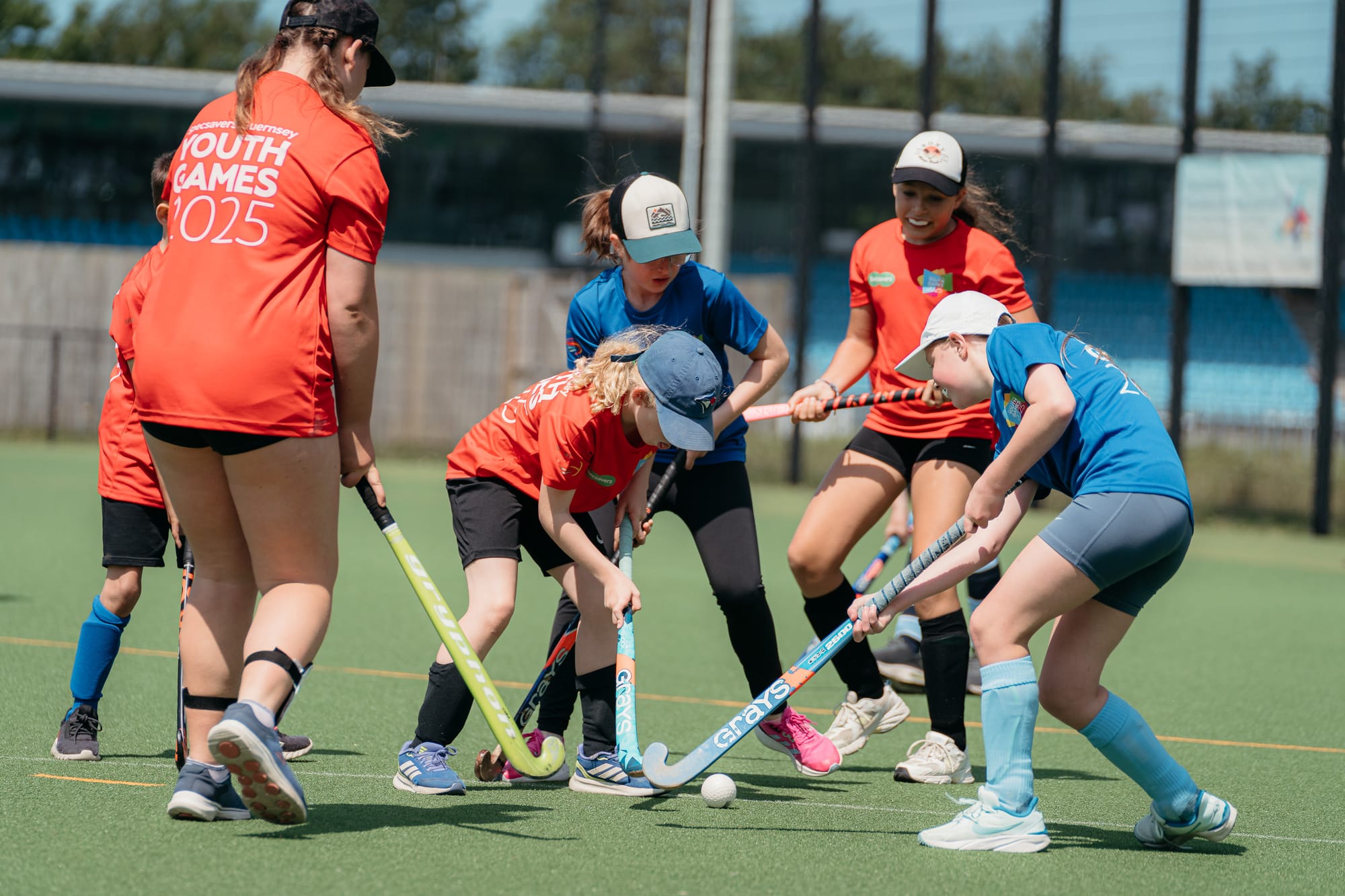
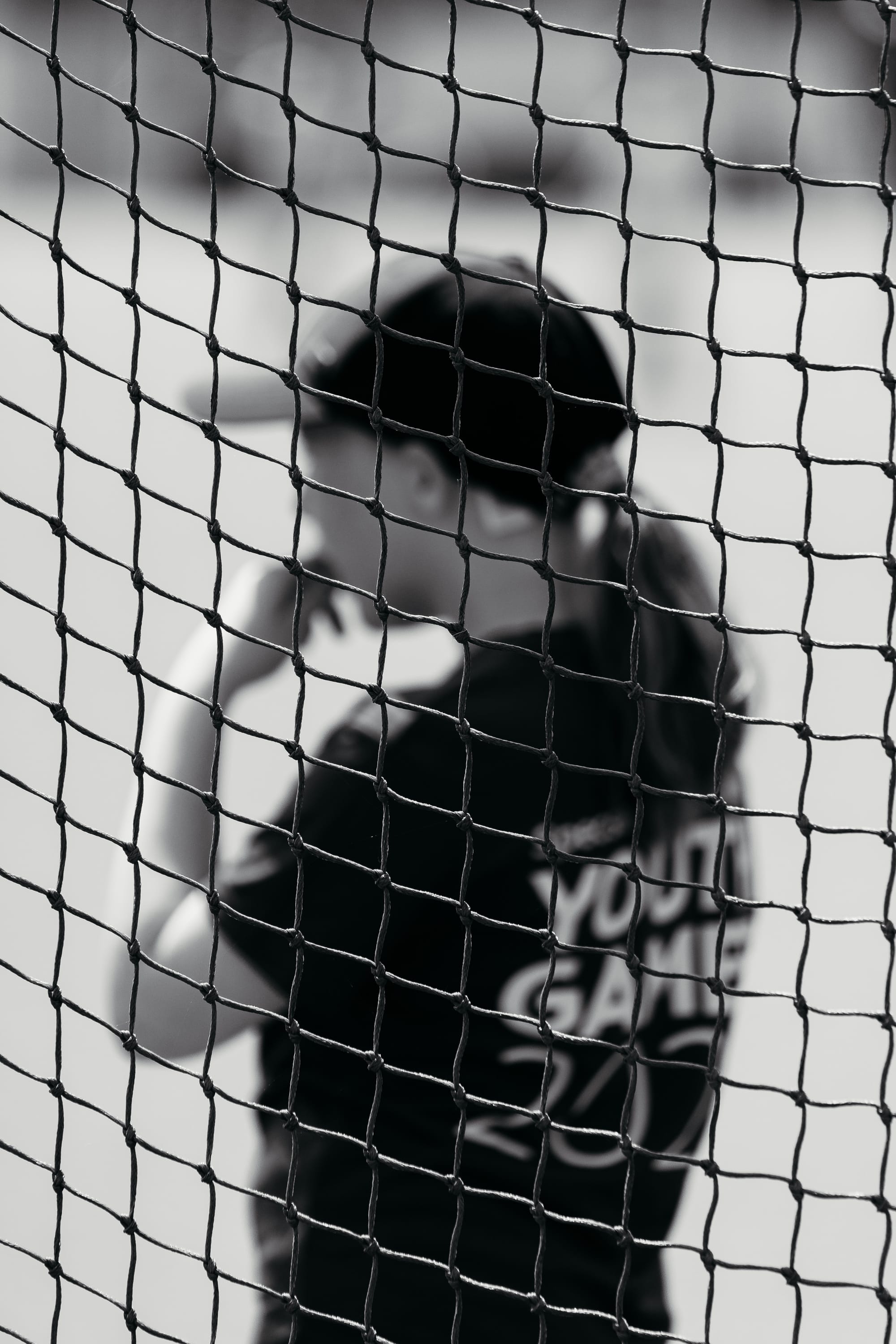
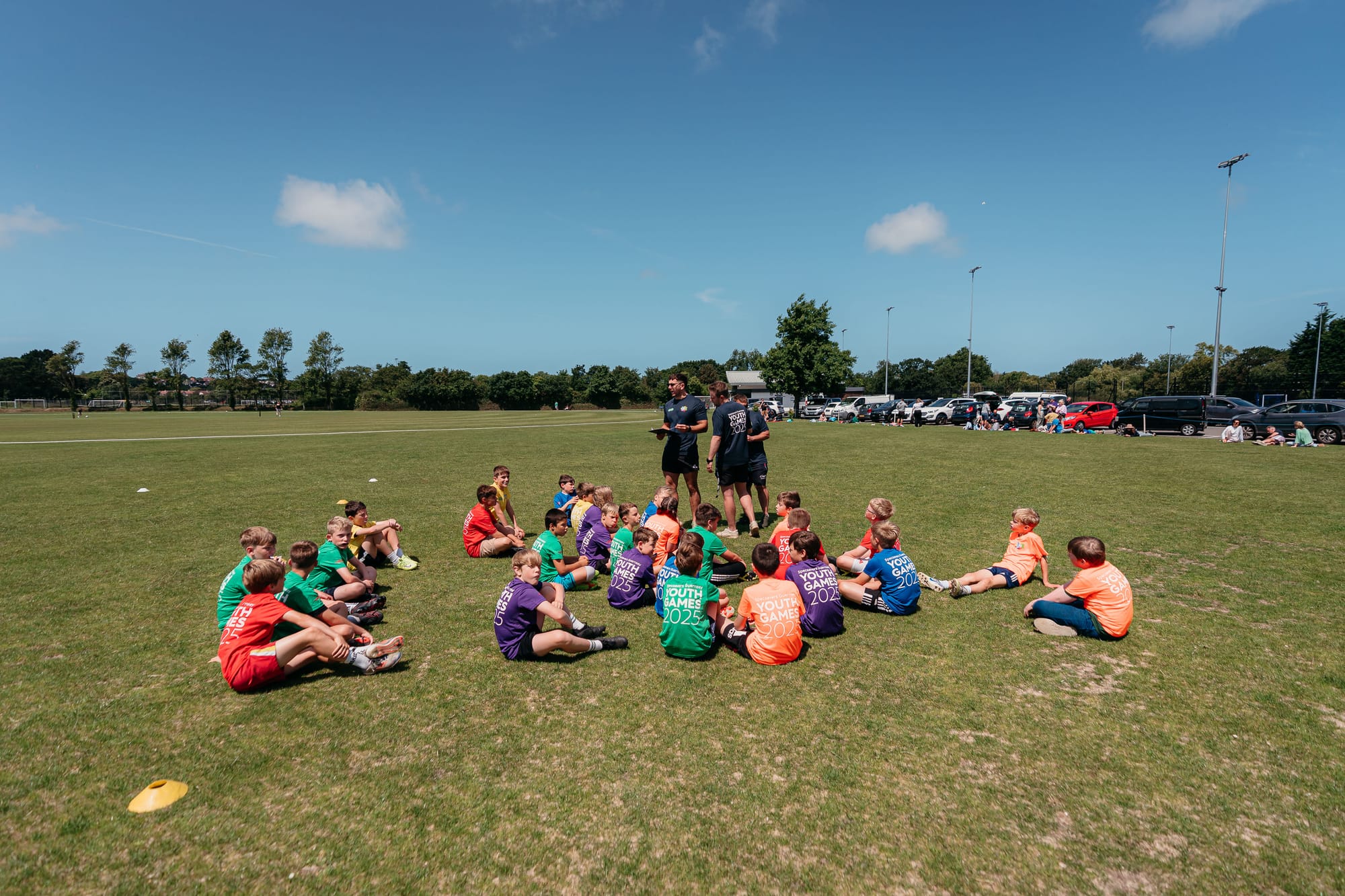
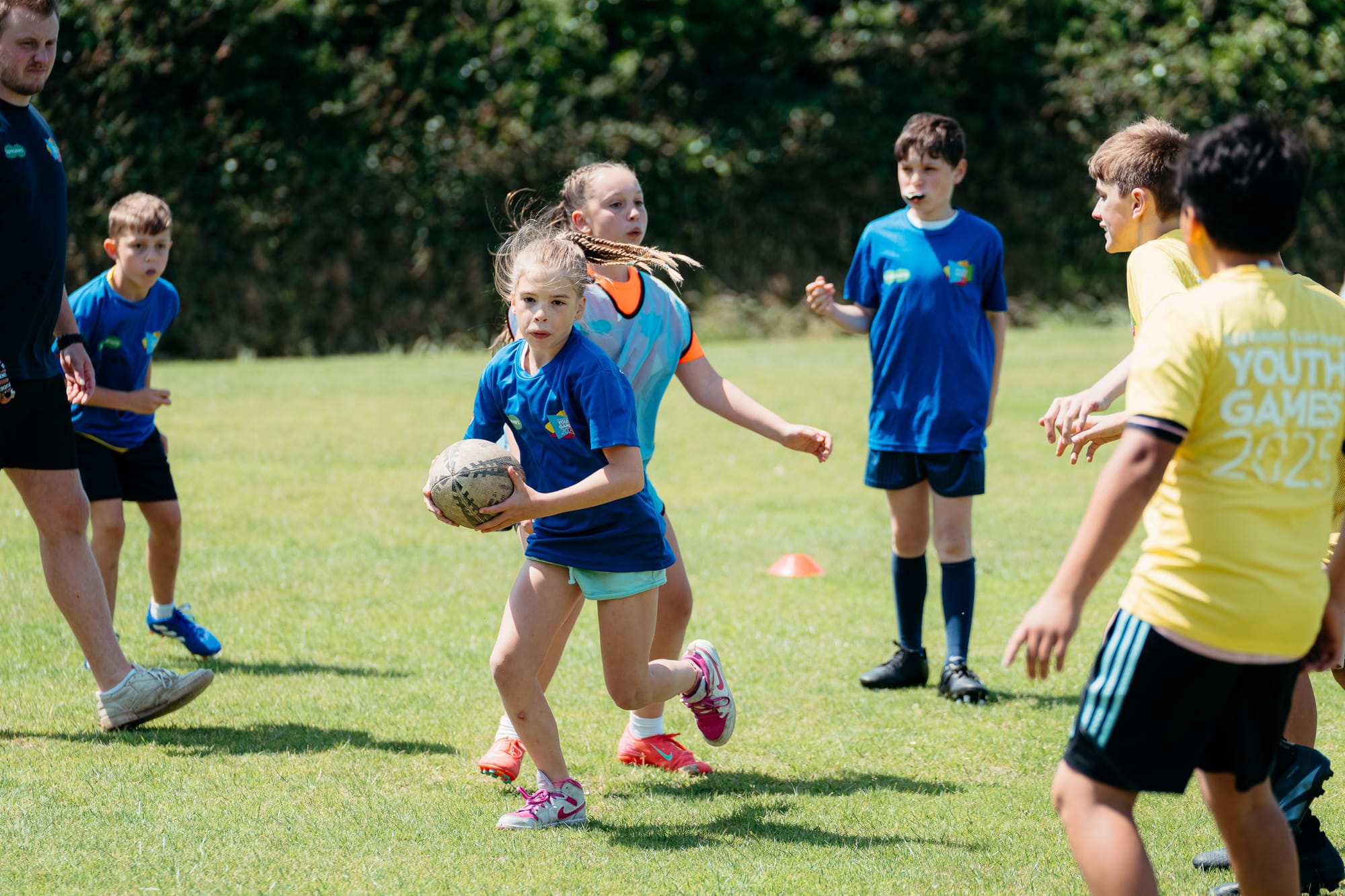
Will said: “It's really important that young people develop a love of sport at an early age, we really want them to enjoy it, to feel that they're welcome, to get used to where that sport takes place.
“It's one thing playing a sport in the playground at school, but it's quite another sometimes to go to a venue where there might be more people, you're not quite so sure of where things are. It's having the opportunity to play that sport at that venue, feel comfortable with it, learn where, how to come in, how to come out, all of those different things. Build up the confidence.
“Really, our hope is that they will develop that love of sport that will stay with them for life.”
Games Day itself is something of a logistical marvel with an army of volunteers playing their part in making it all run smoothly.
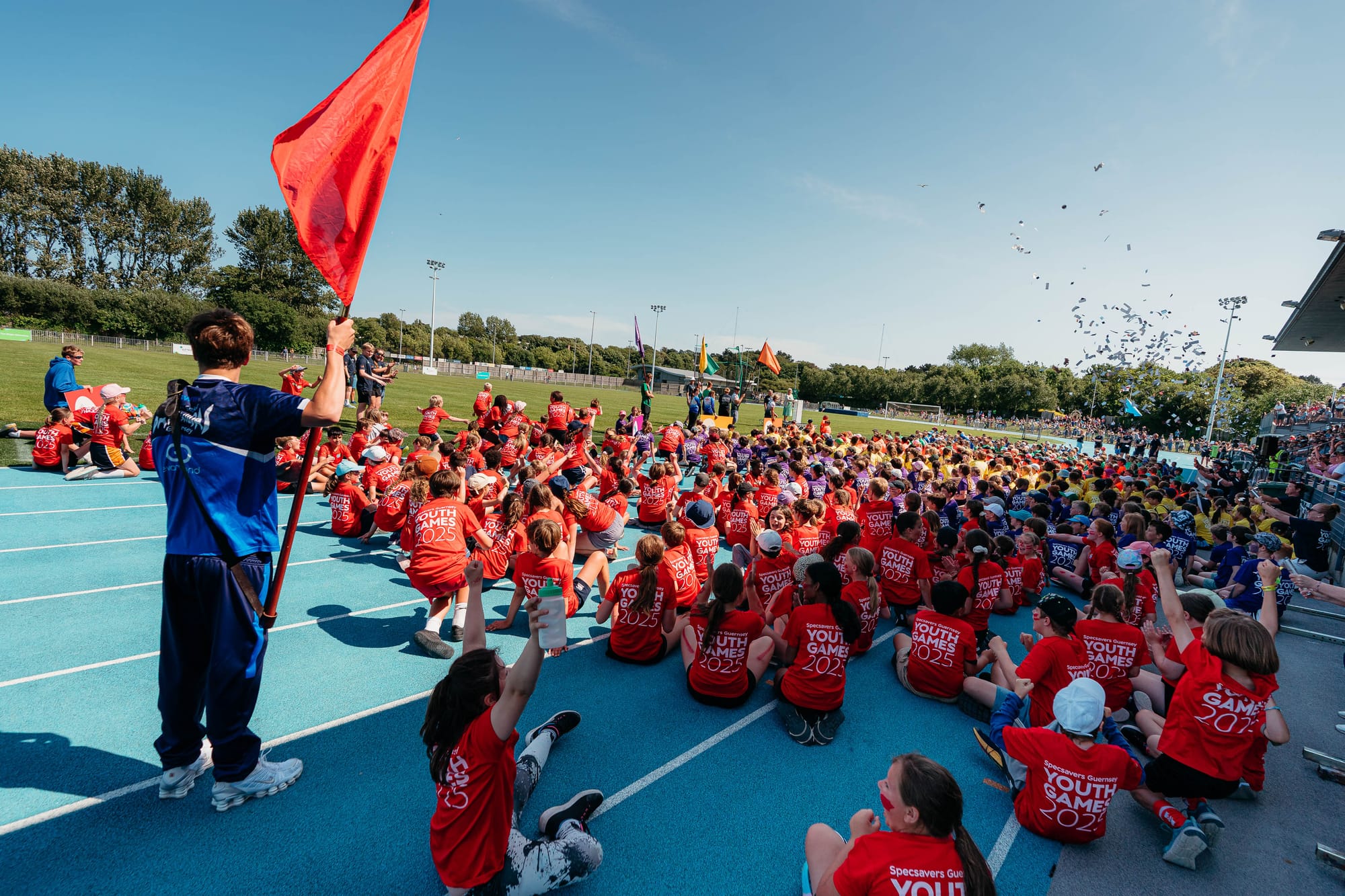
Children need to be kitted out in their bright team t-shirts, given water bottles, moved around from where their competition takes place to Footes Lane for the closing ceremony.
They arrive at the Hockey Club over a couple of hours, energy levels high, before, often with their faces painted, they parade amid the noise from samba drummers and shouts of their team names in front of a stand packed with family, carers and friends.
Two years ago the teams were named after six of the jurisdictions that were to compete in the Island Games.
Keeping that connection going, this time they were named after animals that lived in and around Orkney, where the 2025 Island Games takes place in July.
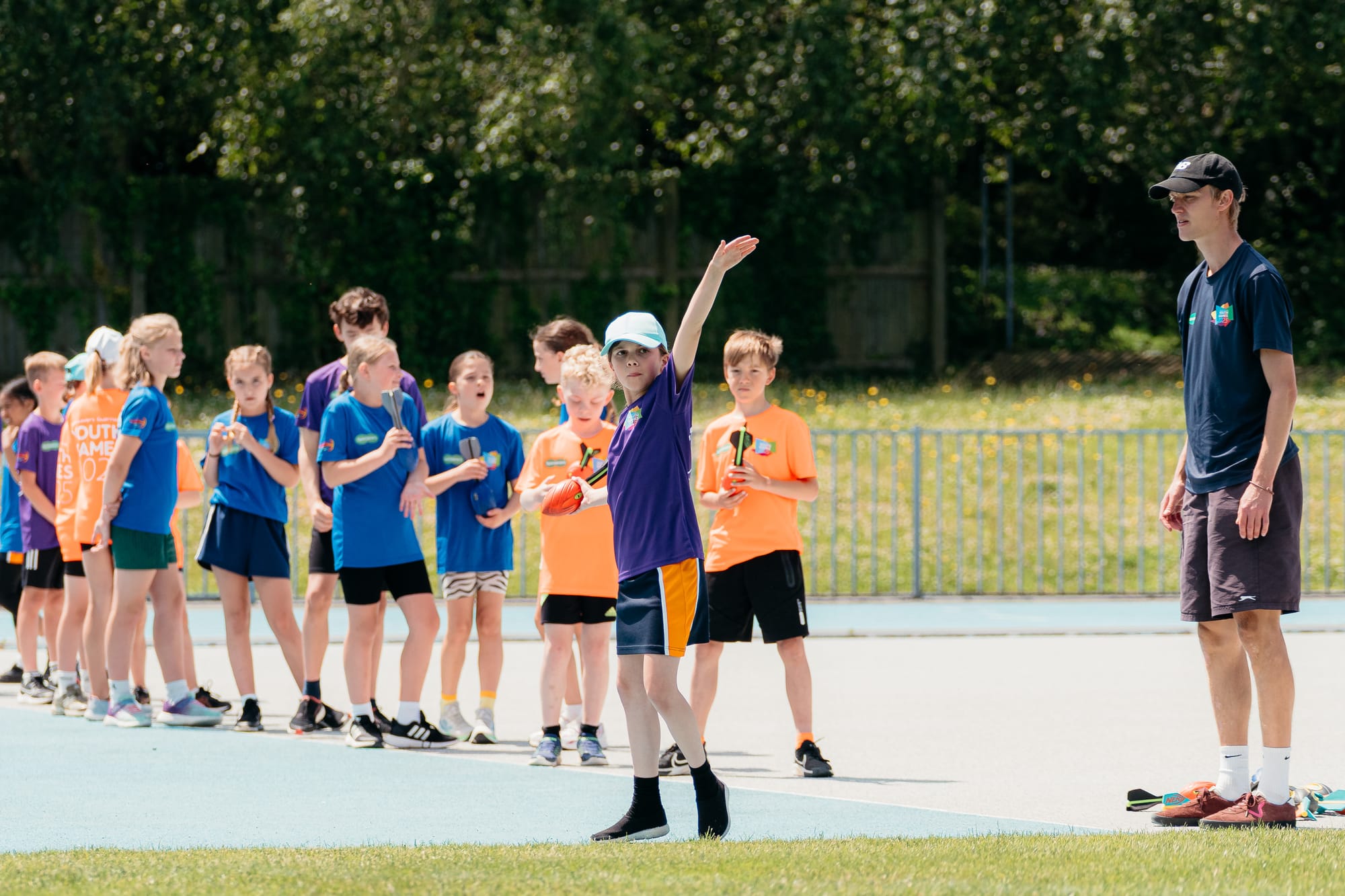
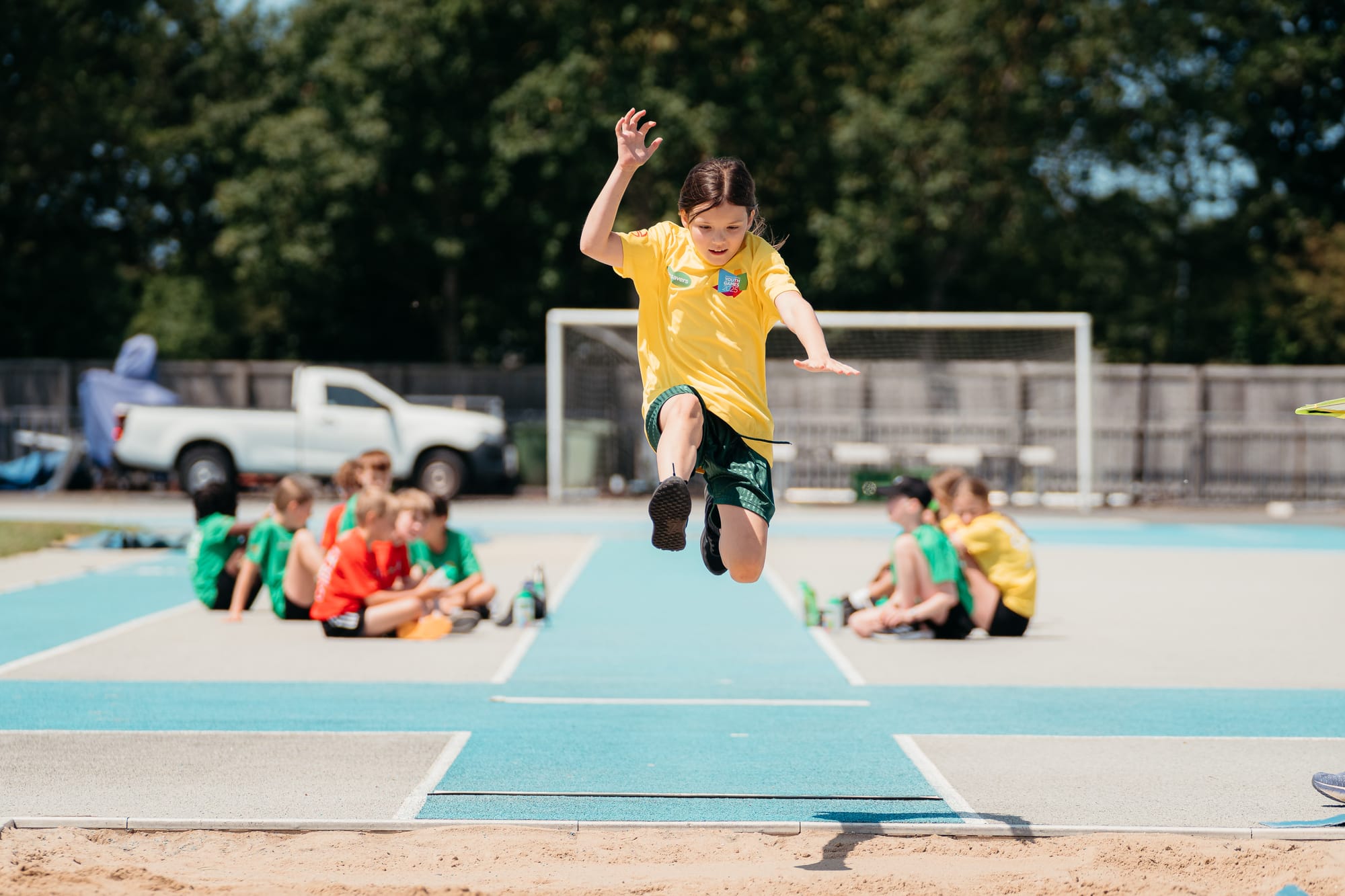
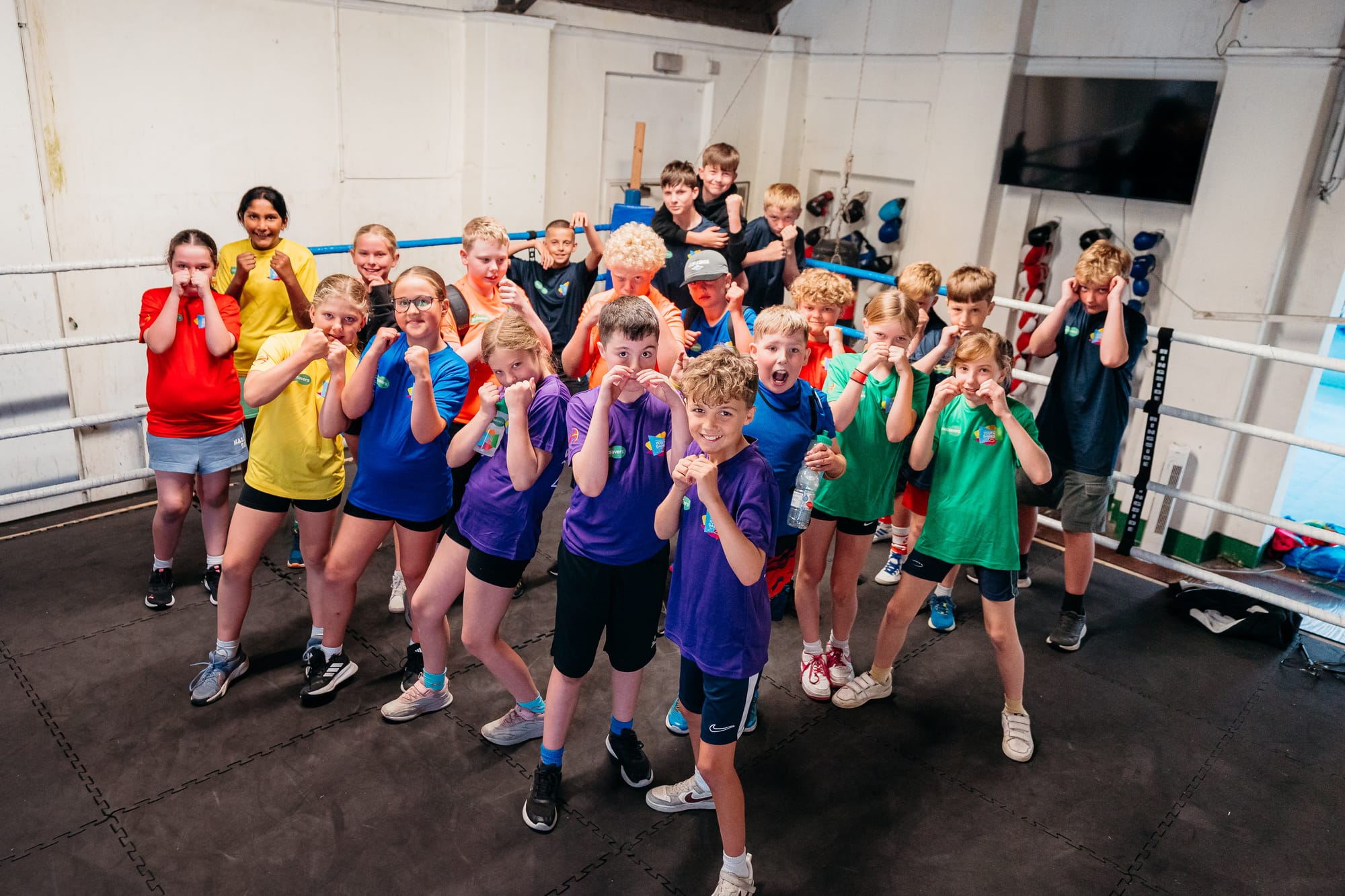
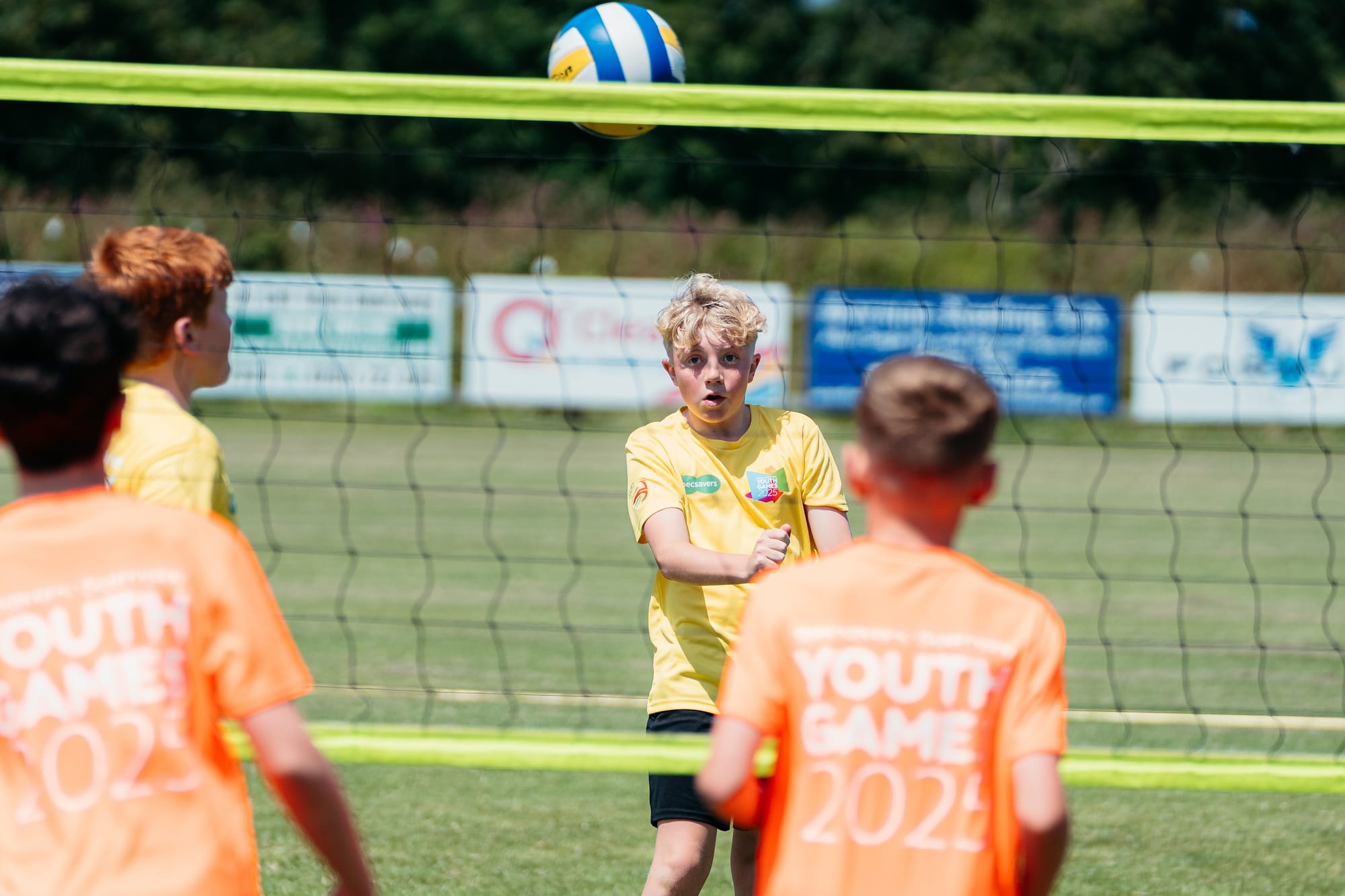
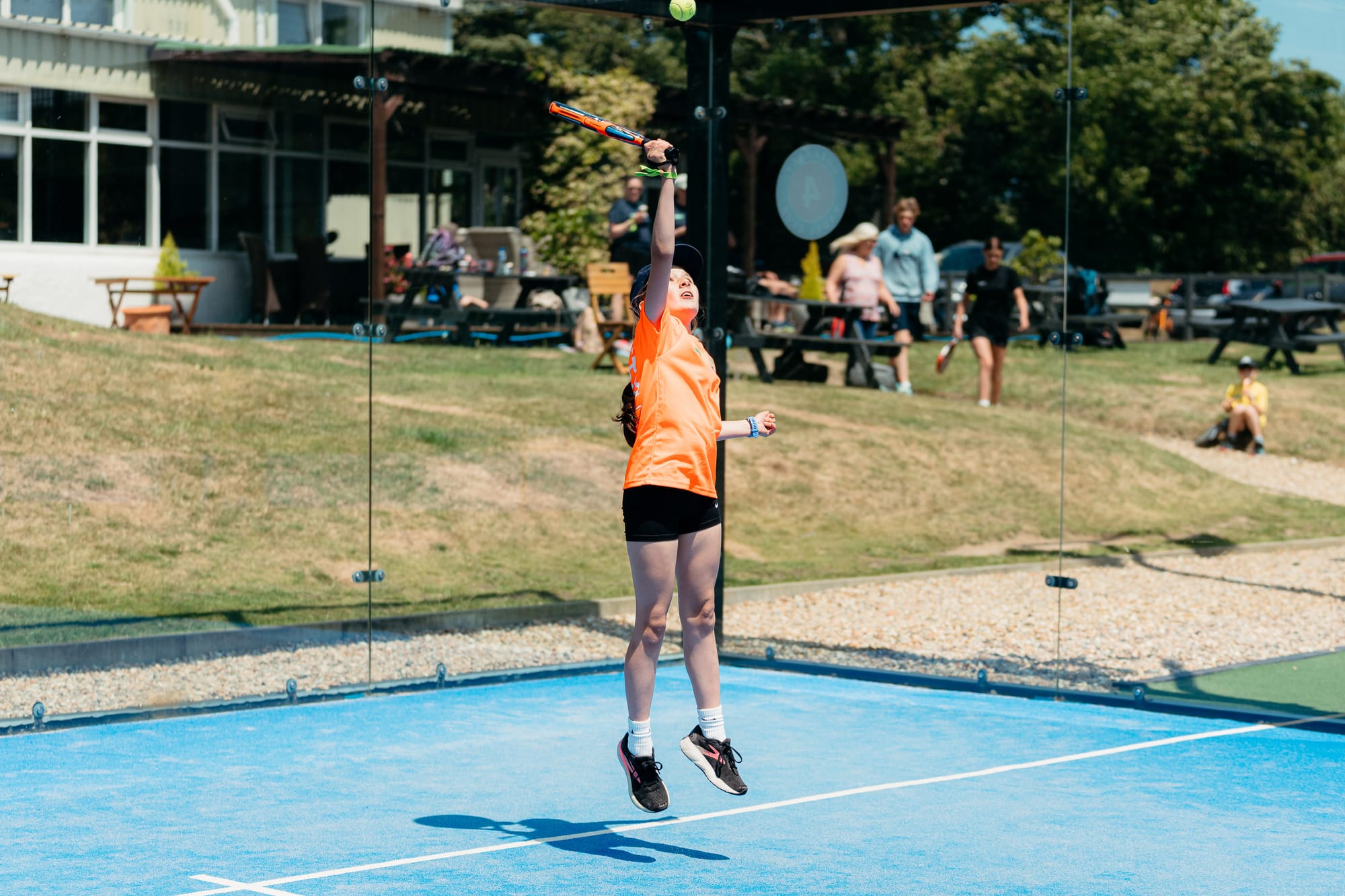
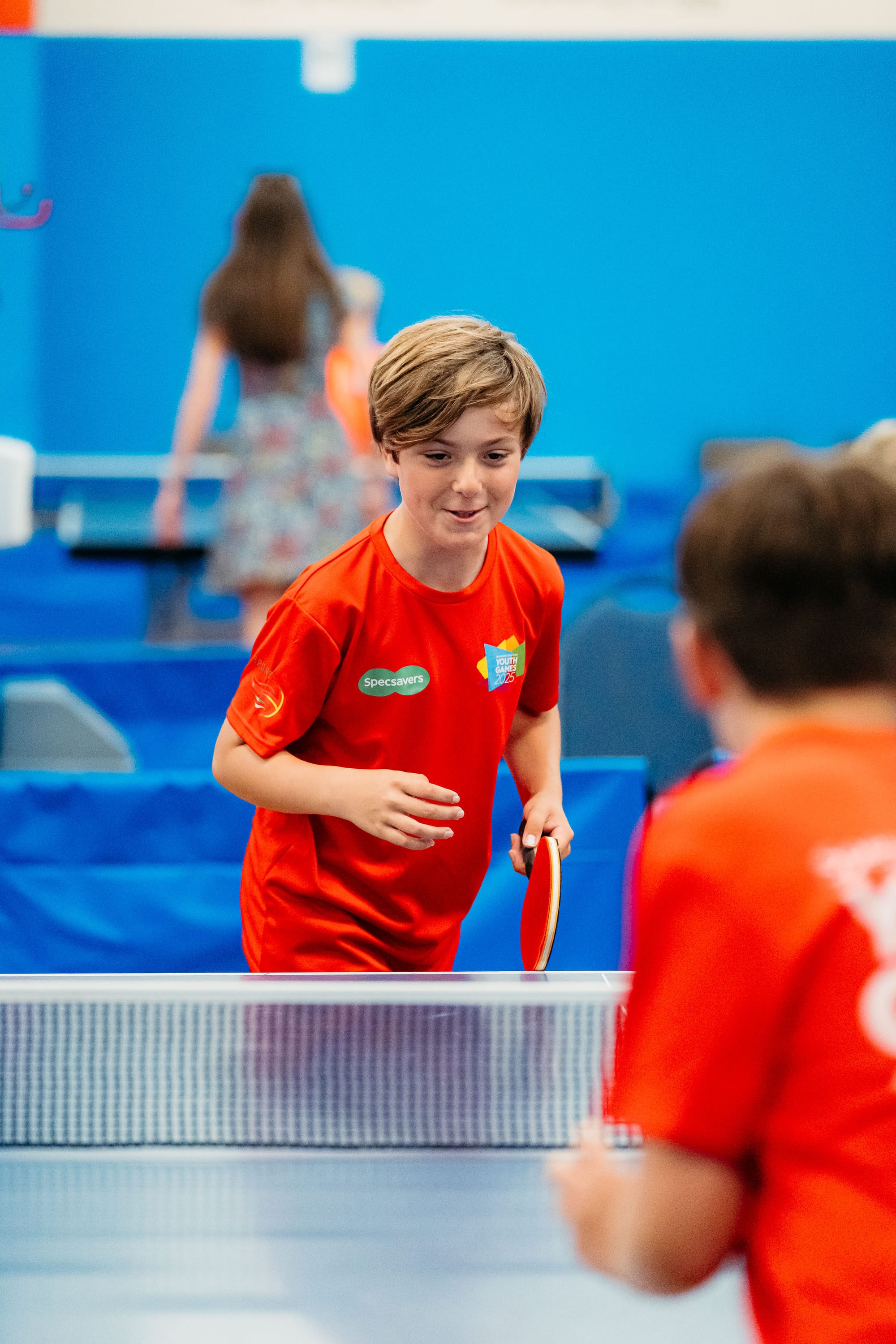
The continued support of Specsavers, which has sponsored the event from the outset, has been invaluable, not just covering the costs associated with venues, coaching and kitting out the children, but also helping that volunteer base needed to make it a success.
Co-founder Dame Mary Perkins is said to be passionate about the event for many reasons, but largely because of the smiles, laughter and enjoyment that it brings the children.
“We always get a tremendous amount of help from Specsavers,” said Will.
“They love coming down. They love being part of something that's just a bit different. Without Specsavers, this would not happen.”
The Youth Games plays a major role in breaking down barriers to taking part in sport and those efforts do not just stop, with the Sports Commission’s voucher scheme available for families that would otherwise struggle to pay to keep a child involved.
“If there is a family in need, and if they want to continue with that sport, speak to me at the Sports Commission, and we'll see what we can do,” said Will.
“Finance shouldn't be a barrier. Sport should be for everyone, and we've all got to work together to try to make sure that we break down those barriers as far as possible. And if the Youth Games does that by introducing them to a sport, let's make sure they can carry on.”

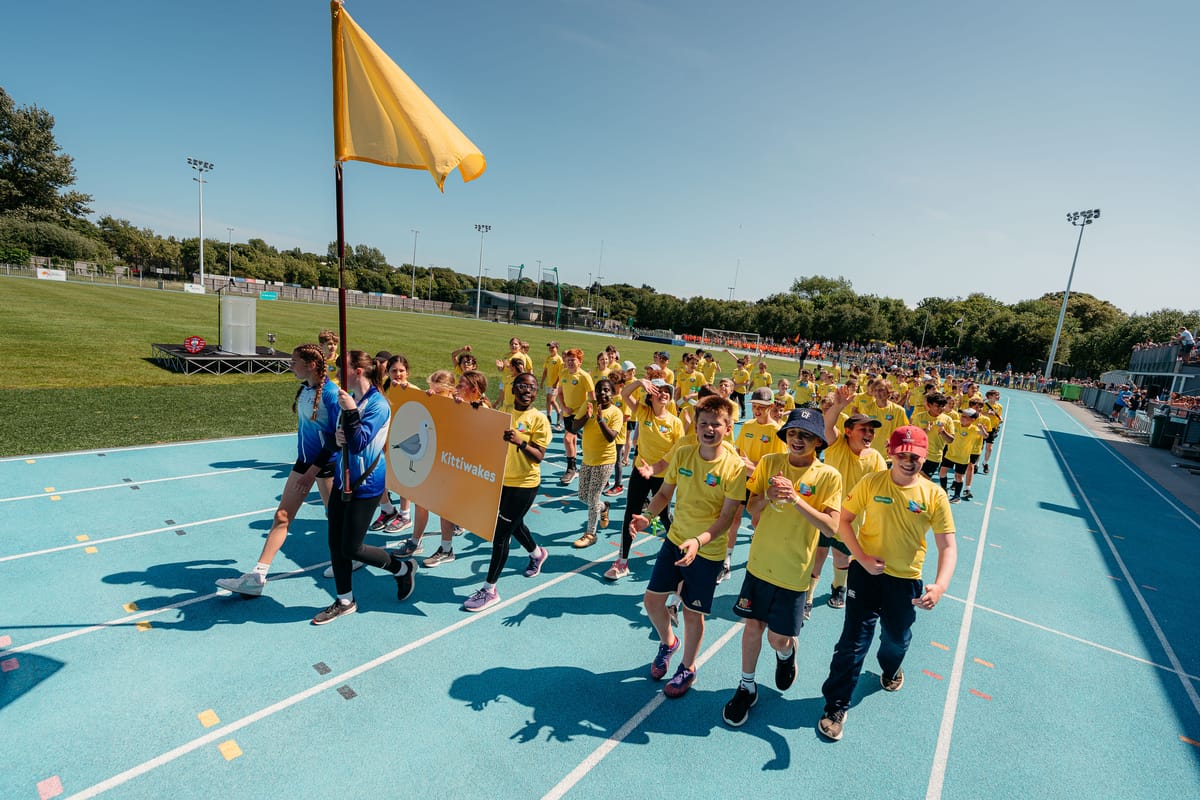

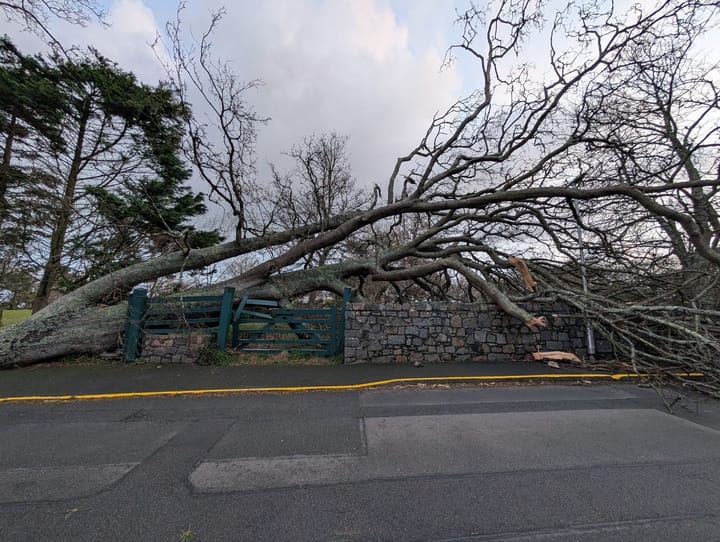
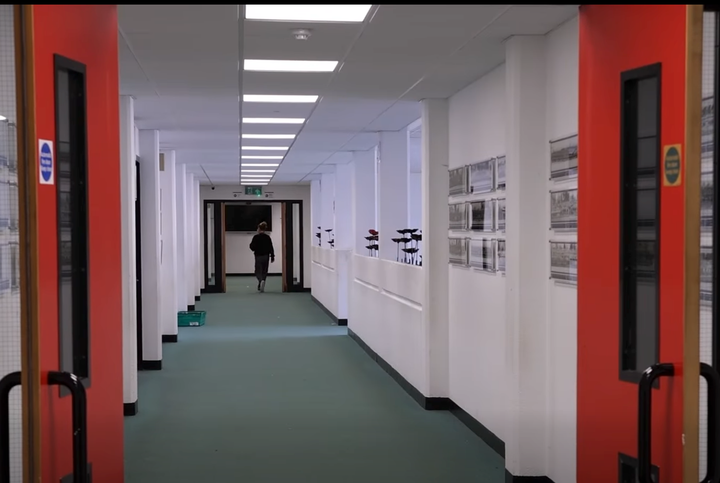
Comments ()